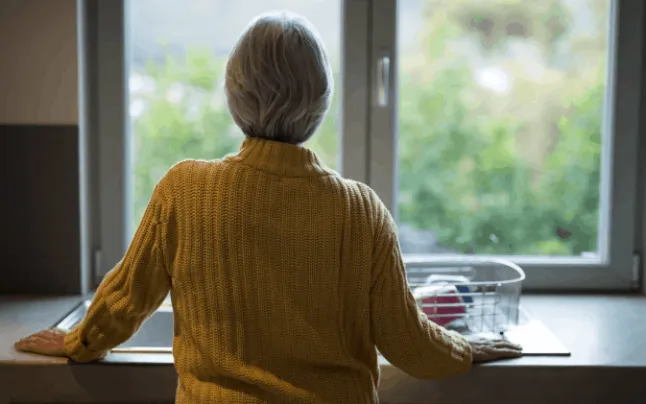The Pasqual Maragall Foundation shares some recommendations for people taking care of relatives with this disease.
With the State of Emergency declared due to the Coronavirus pandemic, Pasqual Maragall Foundation has issued a series of recommendations for people living with a relative who has Alzheimer’s.
1. Understanding and accepting the situation
This new and uncertain scenario of which we know very little in our society has given rise to many questions and concerns. One recommendation is to accept what is happening, despite the difficulties, and keep calm. Starting by accepting the situation, a series of strategies can be put in place for the confinement and to make it easier for all to manage this new situation.
2. Taking extra care of the elderly and/or people with cognitive impairment
One of the exceptions to the limitations of visiting relatives or friends is to take care of people with dependencies. The Foundation recommends a series of extra care measures, such as that the person providing care is symptom-free. Also, it is essential to avoid interaction between children and elderly people, and to follow all protective measures rigorously to contain the spreading of the virus.
3. Only convey information from official sources
In relation to the cognitive ability of a person with Alzheimer’s, adapt any information you convey to them to explain why they aren’t allowed out or can’t receive visits. Furthermore, it is important only to share information from official sources (trustworthy media, official bodies or recognized institutions).
4. Establish new routines
To help people with Alzheimer’s to cope better, it is important to establish timetables and routines. During confinement, a person with dementia won’t be able to follow some of their usual routines, such as going to day-care facilities, going for walks or receiving visits from family and friends. It therefore becomes necessary to give a person with this disease a reference framework and carers a guide to reduce the risk of being overwhelmed.
5. Prepare a day-to-day approximate scheme
It is important to set more-or-less regular timetables for every day. Day planning can adapt to every household, but it is important to keep and order and regularity.
As part of this new routine, it is vital to wash hands after each activity and to combine cognitive exercises that adapt to each person’s capacities (board games, music, washing vegetables, helping with daily chores...) and stretching and coordination physical activities .
It is also important to go out onto a balcony, terrace or stick your head out of the window and play stimulation games such as explaining what they see or counting lampposts.







Add new comment